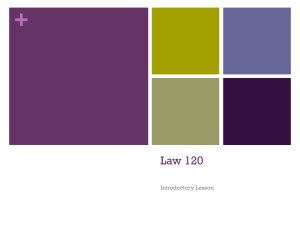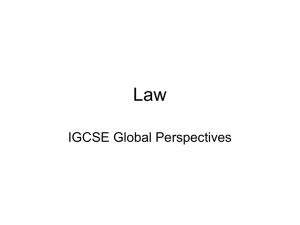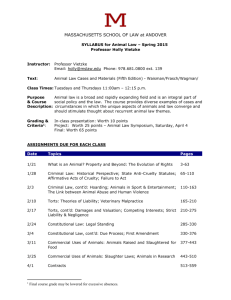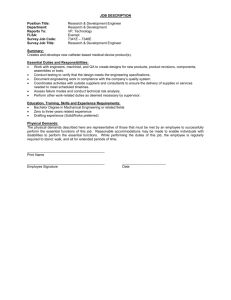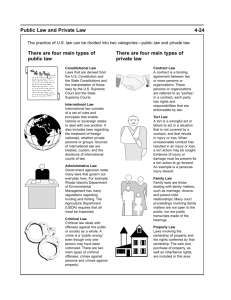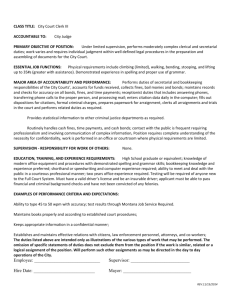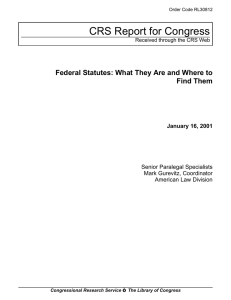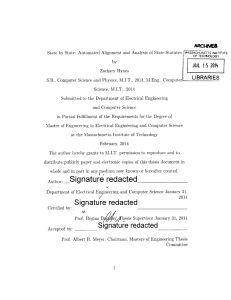Chapter 1 Legal Systems
advertisement
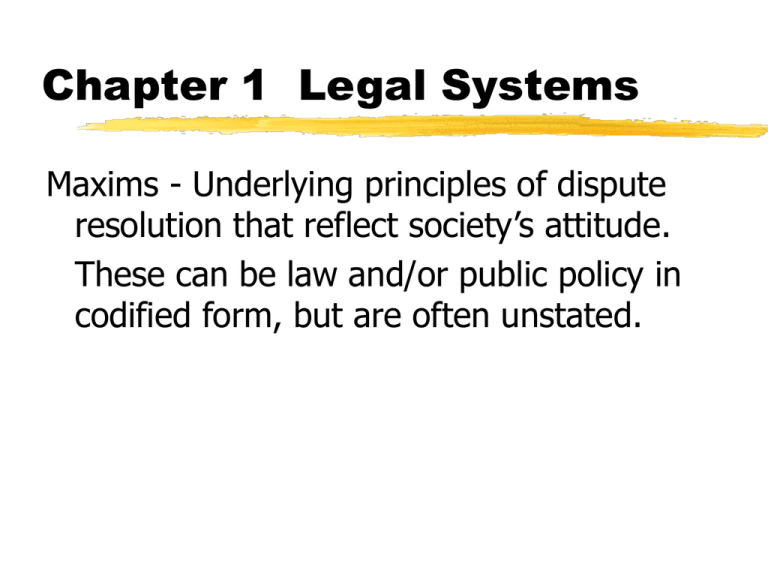
Chapter 1 Legal Systems Maxims - Underlying principles of dispute resolution that reflect society’s attitude. These can be law and/or public policy in codified form, but are often unstated. Maxims (contd.) Mistakes are fixed, not exploited Remedy is a right of the wronged Liability is assigned to those responsible “Clean hands doctrine”- act fairly Reasonableness standard (no impossibilities) Efficiency is valued, waste is not Maxims (contd.) Substance is preferred over form Benefit and burden are co assigned Rule must have a reason Rule and Reason should be uniformly applied Idle or useless acts are not required Common Law System Used by the U.S., Britain and former colonies Basis for future interpretations provided by: Case Law Precedent Judge’s rulings US-Multijurisdictional Law 50 States, Municipalities, Counties, etc. Jury System Adversarial system of discovery Competition for the truth Other Systems Civil Law Used in France, Germany, most of Europe, Japan Heavily codified and lots of regulation Islamic Law Used in about 70 countries Directed by the teachings of the Koran Legislative Branch Makes laws and passes statutes Statutes aggregated into codes Building codes, commercial code, etc. Executive Branch Enforcement, policing, and implementation of statutes. Runs prisons, police, FBI, etc. Administrative agencies Handles complex codes Assists legislative and executive offices Examples are IRS, EEOC, DOT Have hearings and dispute resolution mechanisms. Judicial Branch Criminal and civil systems Jurisdiction a recognized legal activity Also determines who decides Types of Law Constitutional Law: Core principles Statutes: Passed by legislature Administrative Regulations: Adopted by agencies Case Law: Established by precedence Issues of Fact vs. Law Issues of Fact Discovery and testimony Parties cannot agree Most important part of a claim Issues of Law Judges and arbitrators interpret law Criminal vs. Civil Law Criminal Law Prevent and punish crimes Government always the prosecutor Civil Law Rights and duties of individuals towards one another Damages awarded, not punishment (except for torts) Contract vs. Tort Contract Voluntary duties Promise for performance and payment Tort Duties imposed by law Reasonableness standard Implicit duties McDonald’s coffee example
